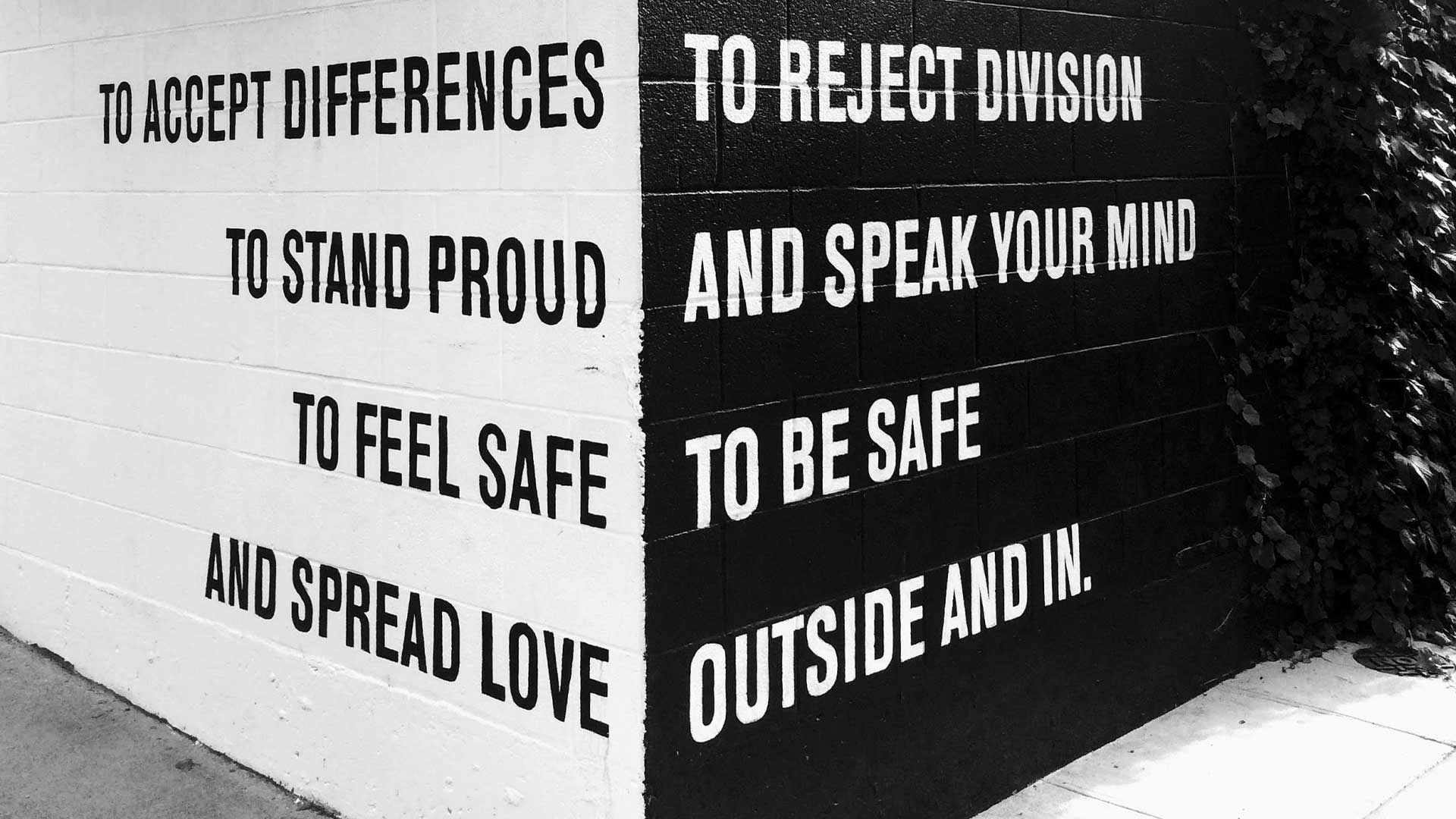
By Gemma Bradshaw, SIMA Academy Editorial Contributor.
With the UN’s International Day for Tolerance on the horizon, I’ve been thinking about how these big meaningful words get lost in translation.
Somewhere along the way the idea of tolerance came to mean a shortcoming.
I had confused it with the idea of putting up with something, but not really changing my opinion. Probably because of some incident when I was a child, now long forgotten, where I was told to be more tolerant. The result was the very opposite of what is intended.
Well I’m happy to stand corrected and reclaim this important word. Everything we’re doing in the realm of global citizenship education is about tolerance.
Not the wooly idea I had from my childhood. But the bold idea, the one that’s actually in the dictionary: to show willingness to allow the existence of opinions or behavior that one does not necessarily agree with.
When you take a look at the synonyms it seems even clearer. Words like: open-minded, unprejudiced, unbiased.
Take a glance at today’s news headlines and you’ll understand how vital it is that we cultivate this perspective in our students.
In our ever-changing world they need a deeper understanding of the world’s political, economic, and social issues. Not only that but the ability to interpret media messages; the capacity to engage with people from a variety of backgrounds; and the skills to succeed in a global and interdependent society.
I’m proud to say that the social impact films we share in SIMA Academy open students eyes to the world beyond their classroom and crucially allow students to see their place in a more tolerant society.
"The call to practice tolerance was written into the identity of the United Nations 70 years ago. Today, in a world buffeted by turbulence and change, the Charter's summons remains a vital touchstone for our work.
People are more connected - but this does not mean there is more understanding.
Societies are ever more diverse – but intolerance is growing in many places. Sectarian tensions can be found at the heart of many conflicts, with the rise of violent extremism, massive human rights violations, and cultural cleansing. And the biggest crisis of forced displacement since the Second World War has spawned hatred and xenophobia against refugees and others.
Tolerance is much more than passively accepting the other. It brings obligations to act, and must be taught, nurtured and defended. Tolerance requires investment by States in people, and in the fulfilment of their full potential through education, inclusion and opportunities. This means building societies founded on respect for human rights, where fear, distrust and marginalization are supplanted by pluralism, participation and respect for differences.
This is the message of the International Day of Tolerance – reflected in the UNESCO Declaration of Principles on Tolerance, adopted in 1995. This same idea animates the International Decade for the Rapprochement of Cultures (2013-2022), which is being led forward by UNESCO across the world.
On the International Day of Tolerance, let us recognize the mounting threat posed by those who strive to divide, and let us pledge to forge a path defined by dialogue, social cohesion and mutual understanding."
